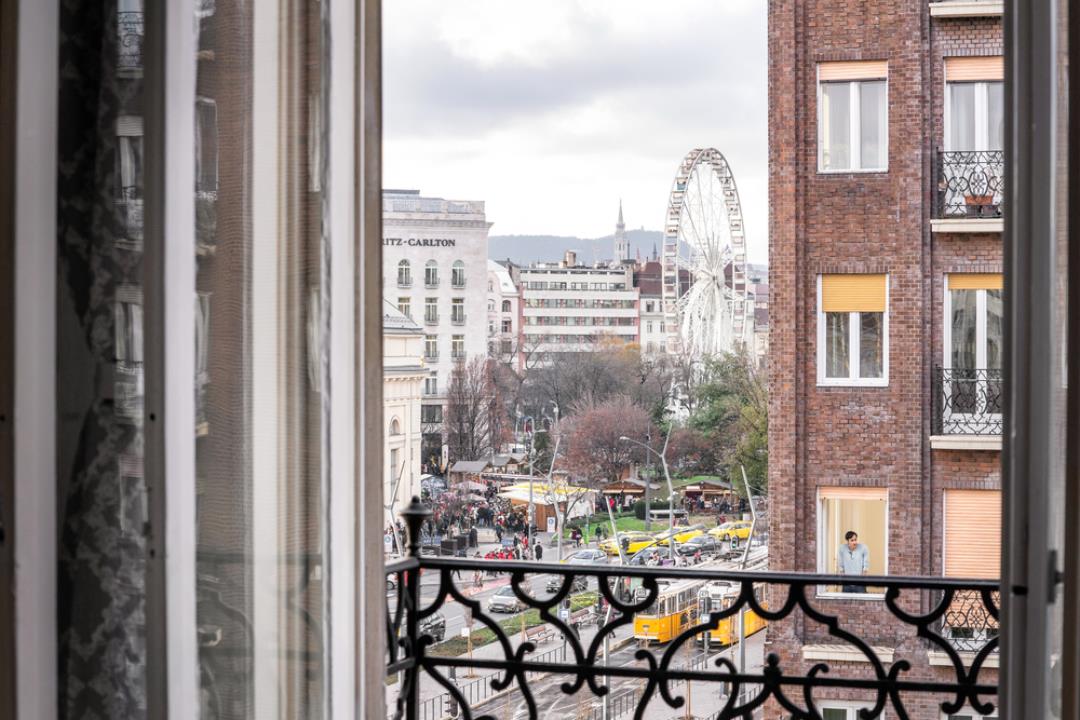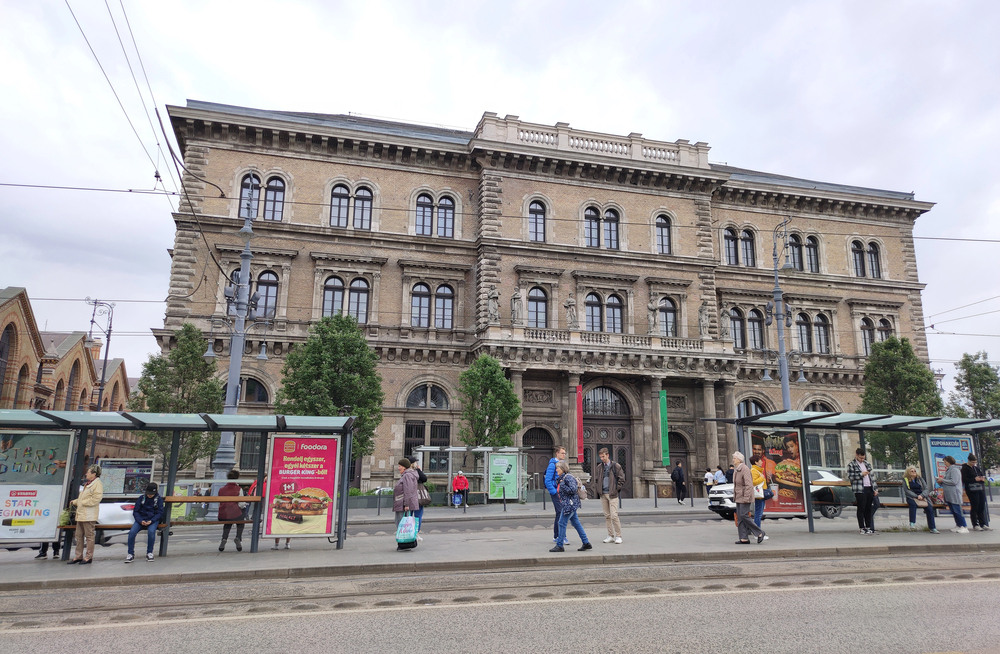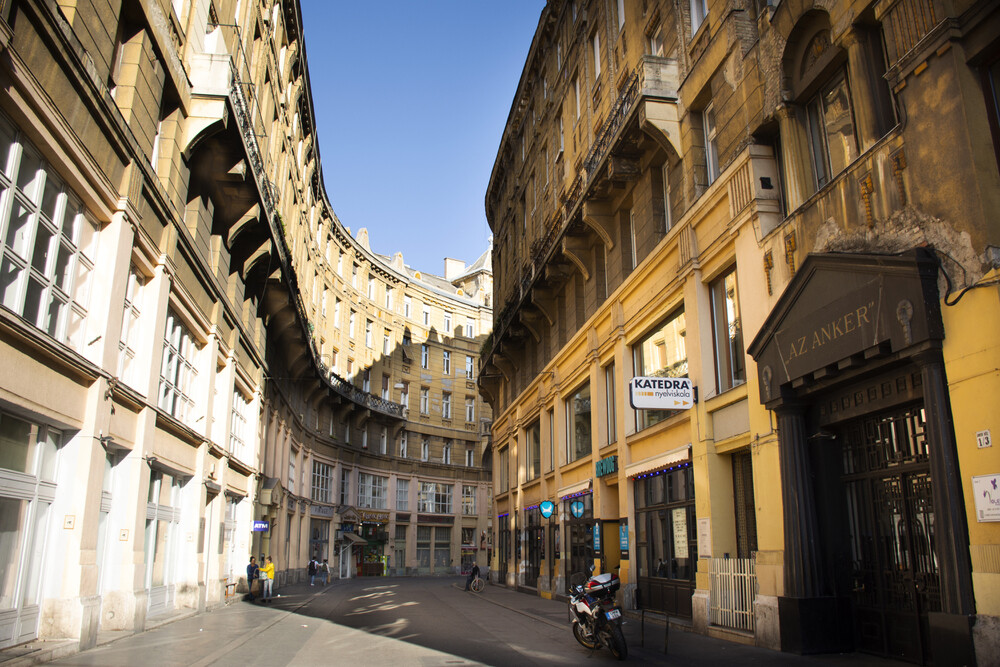Renting in Hungary: Everything you need to know ahead of the 2025 fall semester

As the 2025 fall semester approaches, the Hungarian rental market faces significant changes and fresh challenges for locals, foreign students, expats, and anyone drawn to the nation’s vibrant university cities. Whether you’re planning to study, work, or settle in Hungary, understanding the current housing landscape is essential for making informed choices.
Renting in Hungary: Soaring rents and tight markets
Hungary’s rental market, especially in key cities like Budapest, Debrecen, and Szeged, has seen notable price hikes over the past year. In Budapest, the heart of higher education and business, a one-bedroom apartment in sought-after districts such as District V or District XIII rents for HUF 150,000–250,000 (EUR 376–626) per month, depending on location and amenities. Demand remains high, fuelled by students, young professionals, and expats, with rents sometimes eating up as much as 50–60% of a tenant’s monthly income in the capital.
Outside major cities, rental costs are generally lower. Smaller towns and rural areas offer apartments below HUF 100,000 (EUR 250) monthly, appealing to those who can commute or work remotely.
| City | 1-Bedroom apt (HUF/month) | Shared room (HUF/month) |
|---|---|---|
| Budapest | 150,000–250,000 | 95,000–120,000 |
| Debrecen | 120,000–180,000 | ~90,000–110,000 |
| Szeged | 110,000–150,000 | ~80,000–100,000 |
| Rural Towns | <100,000 | Often lower |

Renting in Hungary: Dormitories and student accommodation
Most Hungarian universities provide dormitory places, but competition is fierce and spots fill quickly. The application windows for the 2025/26 academic year at top universities, such as ELTE, Corvinus, and BME, closed in July, with late applicants placed on waiting lists. Dormitories usually offer shared rooms at affordable rates, ranging from HUF 30,000 to 60,000 (EUR 75 to 150) per month, but single rooms are rare and facilities vary. For latecomers or those not admitted to dorms, searching for shared flats or private rentals is advised.
- ELTE dorms: Applications opened in May; results were out in July. Both dorm and off-campus housing options available.
- Corvinus dorms: June/July application period with waiting lists for late applicants. Rooms house 2–5 people.
- BME dorms: July application, priority to continuing students. Some dorms fill within hours.
Why is renting in Hungary so expensive?
A combination of surging demand, limited housing stock, and government policy shifts has driven the market. Recent years saw an annual property price rise of up to 19% in Budapest and 13–15% nationwide, according to Investropa. Some panel apartments have crossed HUF 100 million (EUR 250,500) in value, which is a new high for the market. Many sellers have raised prices beyond market value, expecting continued demand from new students and expats.

Government efforts to cool the market include restricting new short-term rental (Airbnb) licenses in Budapest for 2025/26 and hiking flat taxes on such rentals nearly fourfold. These measures are aimed to support local renters, but for now, rents in popular neighborhoods remain high.
Renting in Hungary: process and practical tips
Finding a rental can be competitive in popular university cities. Follow these steps:
- Apply for dorms: If eligible, apply as soon as possible. Be flexible with dormitory choices to increase your chances.
- Start early: Begin looking months in advance. Good flats get reserved quickly in Budapest and Debrecen.
- Use trusted platforms: Popular websites include Ingatlan.com, Alberlet.hu, and Otthon Centrum. International students also utilise platforms like Nestpick and Erasmusu.
- Prepare documents: You’ll usually need ID, proof of income or student status, and a security deposit (1–2 months’ rent).
Renting in Hungary: Roommates and shared housing
For many students and expats, sharing an apartment is the most cost-effective choice. Beds in shared flats in Budapest typically rent for HUF 95,000–120,000 (EUR 240–300), with similar options available in other university towns. Social media groups and university platforms are common places to find roommates, and many incoming students use WhatsApp or dedicated Facebook groups to connect before arrival.

What to watch out for when renting in Hungary
- Rental scams: Be wary of landlords demanding full payment before viewing or contracts. Deal with reputable agencies or landlords only.
- Additional costs: Watch for utility charges, common area fees, and advance deposits.
- New laws: Short-term letting rules are changing: if you plan on subletting or using Airbnb, triple-check the local regulations.
Renting in Hungary: Outlook for the rest of 2025
Despite hopes that market controls and new construction would temper demand, housing costs continue to rise, especially in Budapest. Analysts predict an additional 10–15% increase in property prices by the end of 2025 and ongoing rental competition in central locations. However, restrictive Airbnb policies could see some relief in long-term rental prices by forcing more flats back onto the main market.
Read our other guides for expats!
Read also:







